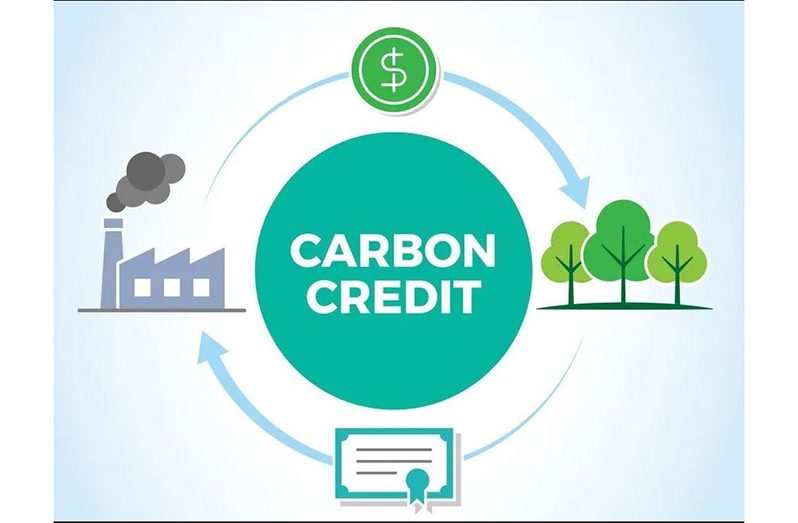– Country also makes first Paris Agreement adjustment for ART-issued TREES credits
THE Architecture for REDD+ Transactions (ART) issued 7.14 million 2021 vintage carbon credits to Guyana, marking a groundbreaking achievement in the global fight against climate change. Simultaneously, the Government of Guyana on Wednesday announced the world’s first Paris Agreement corresponding adjustment, a significant step reported to the United Nations Framework Convention on Climate Change (UNFCCC).
These developments fulfill requirements to label the credits as the world’s first eligible for use by airlines towards their targets in the 2024-2026 phase of the International Civil Aviation Organisation’s (ICAO) global emission reduction program, CORSIA.
The issuance by ART, known as TREES credits, recognises Guyana’s efforts in successfully reducing emissions from forest loss and degradation while maintaining one of the world’s most intact tropical forests through jurisdictional REDD+ initiatives. This milestone aligns with Guyana’s broader commitment to promote social inclusion, gender equality, and sustainable development.
“These CORSIA-eligible credits represent the latest milestone in a journey that we began in 2009 when we set out a vision for forging a low carbon economy in Guyana,” remarked Dr. Bharrat Jagdeo, Vice President of Guyana.
The authorisation and reporting to the UNFCCC make Guyana’s TREES credits eligible for use by airlines to meet their compliance requirements in CORSIA’s first phase, which commenced on January 1, 2024. With 126 countries voluntarily participating in CORSIA’s first phase, the issuance of CORSIA-eligible credits from Guyana holds global significance in the efforts to combat climate change.
ART’s Executive Director, Mary Grady, expressed satisfaction in collaborating with Guyana to navigate the Paris Agreement and ICAO processes, leading to the issuance of the first post-2020 CORSIA eligible credits in the market.
Furthermore, Guyana’s initiative sets a precedent for other nations by authorising the international transfer of emission reduction credits and becoming the first to report a corresponding adjustment to the UNFCCC. This ensures adherence to international mitigation targets and prevents double counting, crucial for effective climate action.
In Guyana, the issuance of carbon credits holds profound importance for Indigenous peoples and local communities, who have been actively involved in forest conservation efforts. Revenue generated from the sale of carbon credits is invested in low carbon and sustainable development priorities, directly benefitting communities and contributing to national climate resilience efforts.
As Guyana leads by example in sustainable forest management and climate action, it inspires hope for a greener, more sustainable future for our planet.


.jpg)











